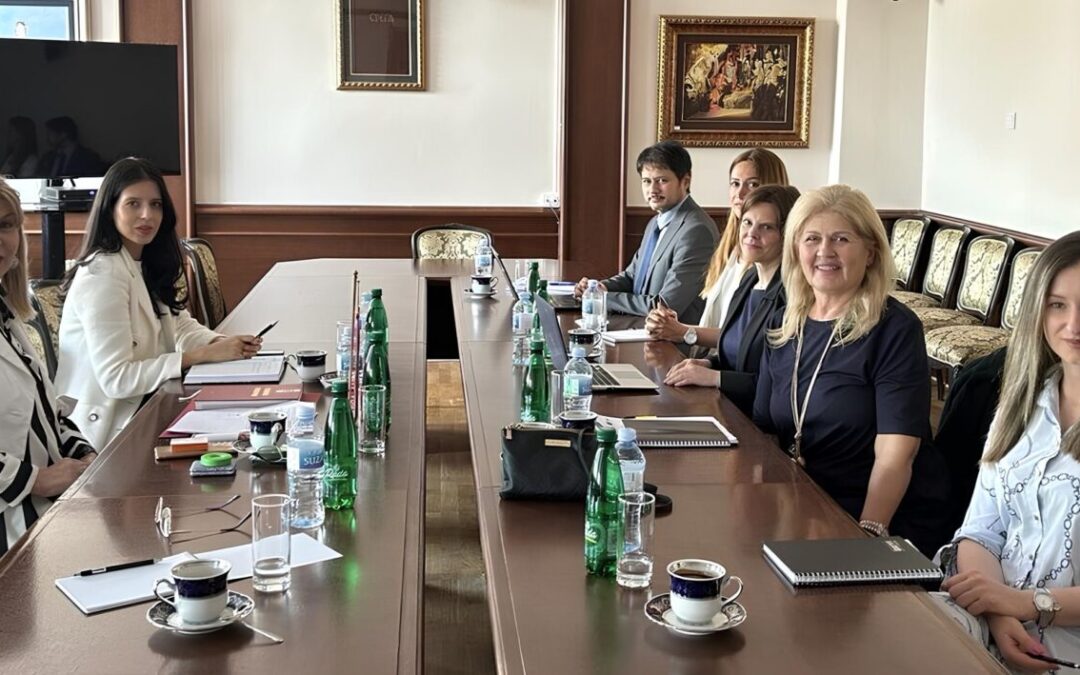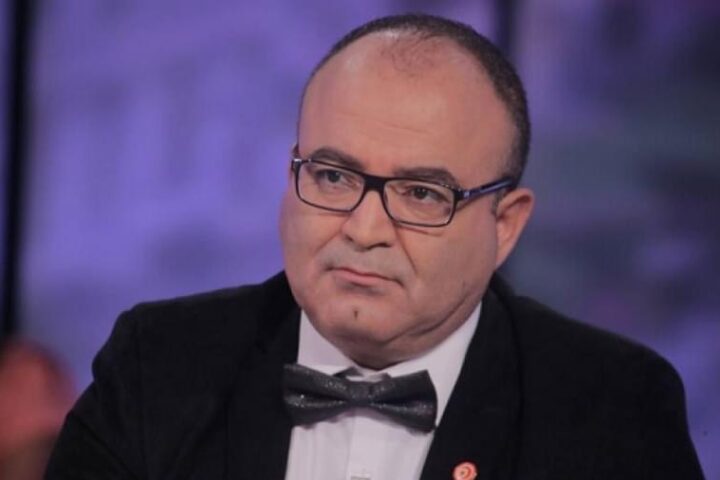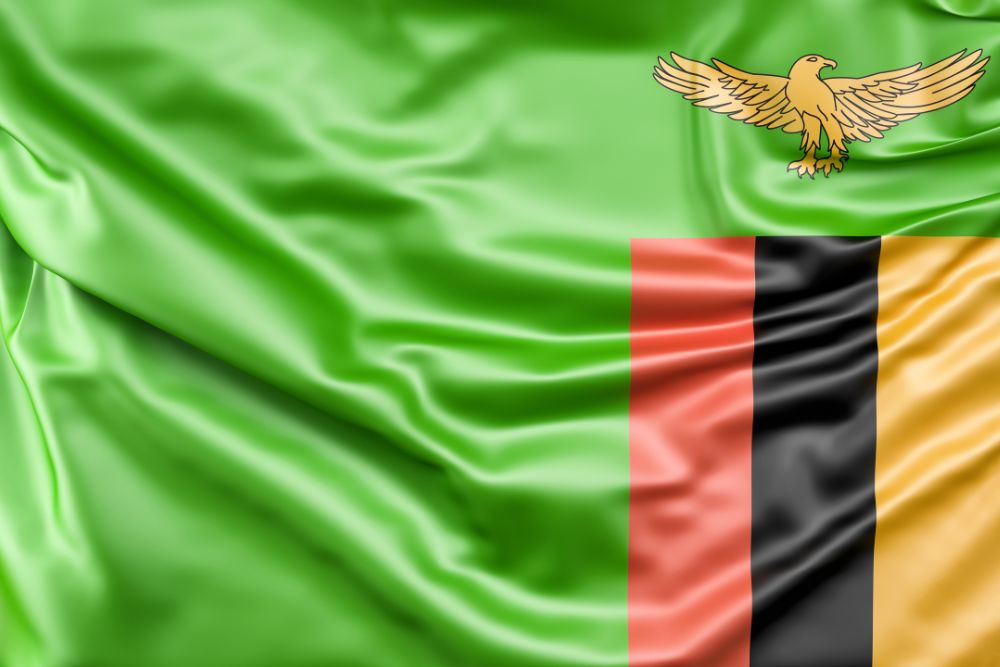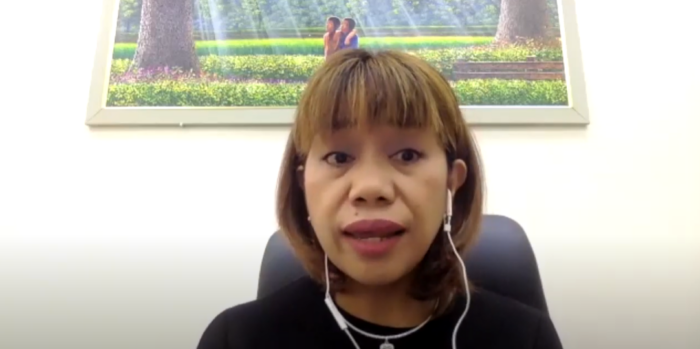
Montenegro: ICJ concludes a mission on the independence, organization and functioning of the judiciary
The International Commission of Jurists (ICJ) concluded a research mission on the independence of the judiciary in Montenegro on 10 April.

The International Commission of Jurists (ICJ) concluded a research mission on the independence of the judiciary in Montenegro on 10 April.


The International Commission of Jurists (ICJ) is gravely concerned about the disastrous impact on human rights of the Ugandan Constitutional Court’s refusal to strike down the “Anti-Homosexuality Act, 2023” (AHA).

A range of Zambian organizations of persons with disabilities (OPDs) and other civil society organizations (CSOs) – who early in March this year made submissions to the UN Committee on the Rights of Persons with Disabilities (the Committee) ahead of its examination of Zambia’s compliance with and implementation of the UN Convention on the Rights of Persons with Disabilities (CRPD) – have welcomed the Committee’s concluding observations and called on the Zambian authorities to take expeditious steps to ensure their implementation.

